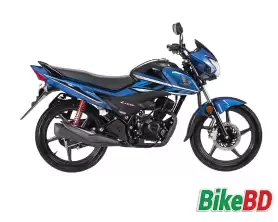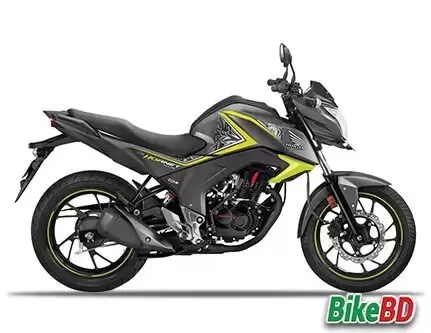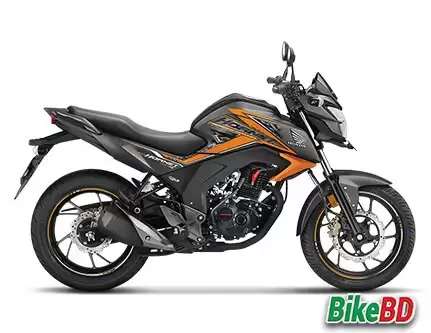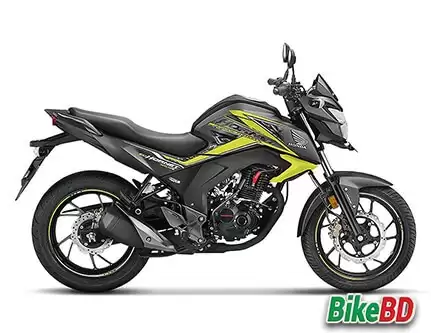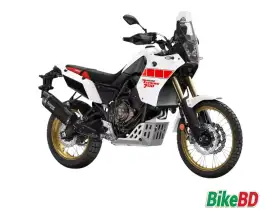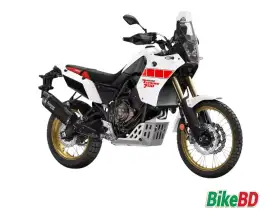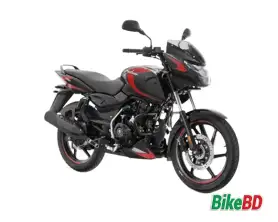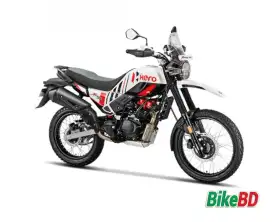Shares 2
Electric Bikes - The Future of Urban Transportation
Last updated on 29-Nov-2025 , By Saleh
As the world becomes more urbanized, transportation has become an increasingly pressing issue in many cities. With the rise of traffic congestion, air pollution, and noise pollution, it is clear that old petroleum-engine-driven vehicles are no longer the ideal choice for urban commuters. That's where electric bikes come in as an alternative, offering a bundle of convincing features and advancements for urban transportation. In this discussion, we will explore how electric bikes can be the future of urban transportation.

Electric Bikes - The Future of Urban Transportation
In recent years, electric bikes, as well as electric motorcycles and scooters, have been gaining popularity as a new form of transportation in many countries. For many reasons, especially the hike in fuel costs and most importantly, with the world's increasing focus on reducing carbon emissions, electric bikes are becoming a popular alternative to traditional petroleum-driven two-wheelers in urban areas.
Therefore, electric bikes are now considered a sustainable form of transportation in many places and have also replaced conventional petroleum-engine-driven two-wheelers in those areas. Accordingly, manufacturers are also putting effort into making high-featured electric bikes to cope with modern life needs. However, the question remains: are electric bikes the future of urban transportation, and if so, how? In this article, we will evaluate their potential.

To answer whether electric motorcycles are the future of urban transportation, it's important to consider their potentials and benefits. Firstly, electric motorcycles are much more environmentally friendly than their gasoline-powered counterparts. The electric motors produce zero emissions and have a minimal carbon footprint, making them a great option for transportation in dense urban areas where air pollution is a major problem. Hence, policymakers are now seriously relying on electric vehicles.
Secondly, electric bikes offer a quieter and smoother ride compared to gas-powered ones. The absence of an internal combustion engine and louder exhaust system means that electric motorcycles produce significantly less noise, making them an attractive and viable option for urban areas where noise pollution is a significant issue. In addition, electric motorcycles are easier to handle, with instant torque making them responsive and smooth to ride.

Thirdly, electric bikes are lightweight, efficient, easy to handle, highly maneuverable, and significantly easier to ride than traditional gasoline-powered two-wheelers. Thus, electric bikes tend to be a good choice for navigating the tight, crowded, and congested streets in urban areas. Moreover, electric motors are much more efficient than internal combustion engines, meaning that they convert a higher percentage of energy into actual rotation power. This translates to lower energy costs and greater running range, making electric bikes a viable option for urban commutes.
Also Read: Damon Bike Price in Bangladesh
Lastly but most importantly, electric motorcycles are a more practical and cheaper transport option than gas-powered ones. The cost of charging the batteries in electric bikes is significantly lower than the cost of petroleum. Additionally, electric motorcycles can be charged at home or at public charging stations. Moreover, electric bikes require less maintenance than gas-powered ones, with fewer moving parts. Thus, electric bikes are more convenient for urban commuting than traditional motorcycles.
However, despite the advantages, there are also some potential drawbacks to electric bikes being established as a mode of urban transportation. One of the biggest limitations is their limited range, which makes them less practical for longer rides or road trips. Additionally, the charging infrastructure for electric bikes is not yet as widespread as it is for gas-powered ones, which is a significant challenge for developing countries.
Secondly, while electric bikes do not require frequent maintenance like traditional gas-powered bikes, the cost of replacing the expensive batteries can be a significant issue for average customers. Moreover, though the standard range of electric bikes is cheaper than the same range of gas-powered bikes, highly featured and high-performance electric bikes tend to be more expensive than their gas-powered counterparts.
So, in summary, we can say that electric bikes can be a true rival of traditional gas-powered bikes. With their low noise levels, zero emissions, cost-effectiveness, and high manoeuvrability, they are becoming an increasingly attractive option for urban transportation. It is true that there are certainly some challenges that need to be addressed, but it seems likely that they will play an increasingly important role in urban transportation in the coming years. Therefore, we can see the future of urban transportation in electric bikes.
T
Published by Saleh


